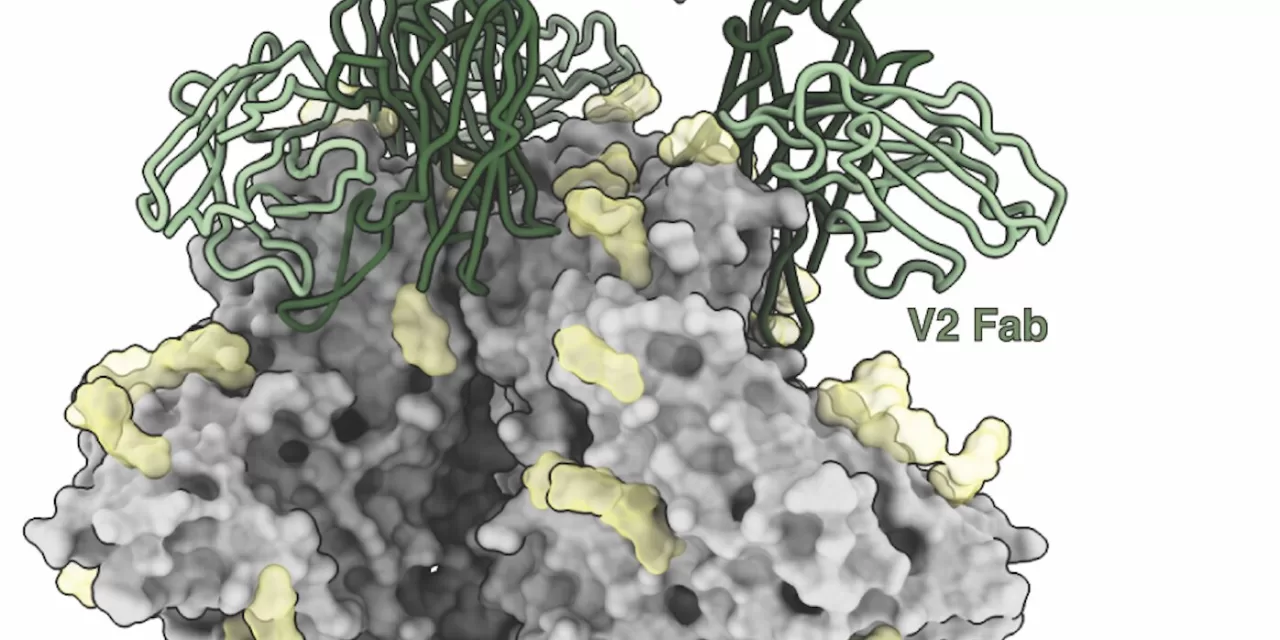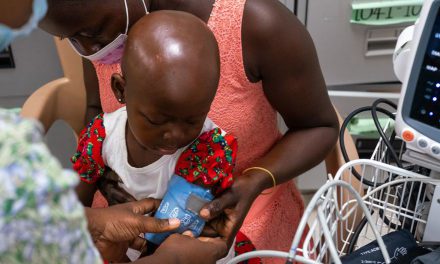January 18, 2025 – A breakthrough discovery by scientists at Scripps Research could reshape the future of HIV vaccine development. Researchers have observed a surprising chain reaction triggered by certain HIV vaccines: after multiple immunizations, the immune system begins to produce antibodies not only against the virus but also against immune complexes formed when antibodies bind to the viral proteins.
This unexpected immune response, detailed in the journal Science Immunology, was uncovered by a team led by Dr. Andrew Ward, a professor at Scripps Research. The study, published on January 17, 2025, reveals that after a few rounds of vaccination, the immune system begins generating antibodies that target the immune complexes rather than directly binding to the virus itself.
Dr. Ward explains, “These anti-immune complex antibodies have not been studied in great depth, particularly in the context of HIV vaccination. This discovery could lead to smarter vaccine designs and more effective immunotherapeutic strategies.”
The breakthrough occurred when the team used an advanced imaging technique called Electron Microscopy-Based Polyclonal Epitope Mapping (EMPEM), developed by Ward’s lab. This technique allows researchers to precisely observe where antibodies bind to HIV, providing a detailed view of the immune response.
In their experiments with animals vaccinated against HIV, the team found something unexpected: certain antibodies were not directly targeting the HIV virus itself. Instead, they were binding to immune complexes—clusters of antibodies already attached to viral proteins. This phenomenon, though previously observed in other contexts, had never been closely studied in HIV vaccination.
Sharidan Brown, a graduate student at Scripps Research and the paper’s first author, explains, “We are the first to structurally characterize this kind of antibody in the context of HIV vaccination. These antibodies make no direct contact with the viral protein but interact with immune molecules on its surface.”
The presence of these anti-immune complex antibodies could have significant implications for how HIV vaccines are developed. While it is unclear whether these antibodies are beneficial or harmful, the researchers believe understanding this response could improve vaccine strategies.
“It’s possible that these antibodies could be detrimental because they don’t neutralize the virus directly,” says Brown. “But they could also potentially contribute to larger immune complexes that help stimulate more immune activity against the virus.”
The team’s next steps involve studying whether similar antibody responses occur with other vaccines or during natural infections. Additionally, they plan to investigate whether adjusting the vaccine schedule or introducing minor variations between doses could prevent the production of antibodies against antibodies.
As HIV vaccine development progresses, the discovery could lead to more precise and effective vaccine formulations, helping to refine the fight against the virus.
For further reading, refer to the original research: Sharidan Brown et al., “Anti-Immune Complex Antibodies are Elicited During Repeated Immunization with HIV Env Immunogens,” Science Immunology (2025). DOI: 10.1126/sciimmunol.adp5218.
Journal Information
Science Immunology











